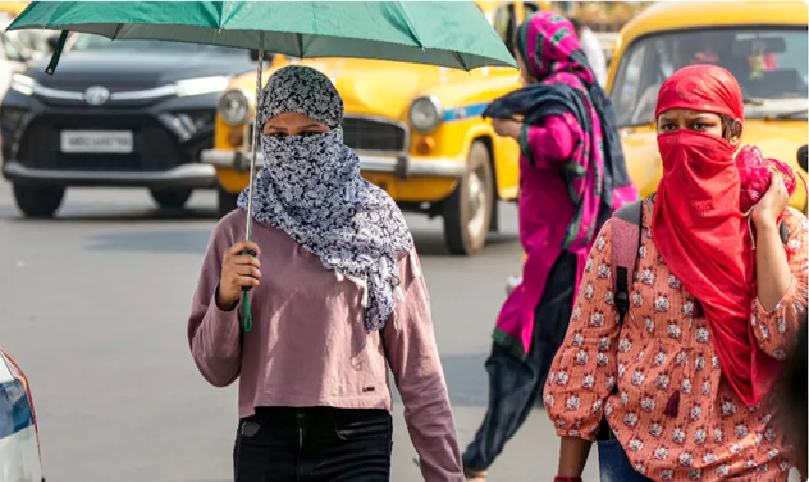
BWSSB upbeat on beating the heat, but manpower a big challenge
Bengaluru: As the summer of 2025 approaches, the Bangalore Water Supply and Sewerage Board (BWSSB) is preparing to take on greater responsibilities despite facing a manpower crunch, although the challenges experienced in the previous year may have subsided. The summer of 2024 was particularly difficult for Bengaluru, marked by the most severe water scarcity in three decades, compounded by elevated temperatures that resulted in significant water shortages in peripheral areas.
However, with enhanced rainfall, reservoirs showing substantial capacity, and the commencement of Cauvery Stage V, this summer is expected to be more favourable. The decision by the Bruhat Bengaluru Mahanagara Palike (BBMP) to transfer all borewells and reverse osmosis (RO) drinking water units to the Bangalore Water Supply and Sewerage Board (BWSSB) has created significant challenges. While this consolidation centralises water-related responsibilities under one civic authority, managing over 11,000 borewells and numerous drinking water units for approximately 14.5 million residents presents considerable difficulties. “The BWSSB must establish a dedicated groundwater cell.
Since all borewells and clean drinking water units rely on groundwater sources, it is essential to create a specialised unit to address these matters,” stated Vishwanath, director of Biome Environmental Solutions and Zenrain. Despite his concerns, he expressed a generally favourable view of the BWSSB's current capabilities. He noted an enhanced understanding of groundwater issues and recommended that the Board prioritise improvements in sewage treatment plants and focus on the restoration of lakes, particularly those on the outskirts of the city.
“It is crucial for them to develop aquifer management plans and upgrade sewage treatment plants to meet the standards set by the National Green Tribunal (NGT),” he emphasised. “They need to draw up aquifer management plans, and upgrade STPs to the standards prescribed by the National Green Tribunal (NGT),” he added. In conversation with News Trail, BWSSB chairman Ram Prasath Manohar assured that the Cauvery water will reach every household in the 110 villages. “So far, we’ve had 23,000 connection requests. With the limited tanker fleet, we are planning to supply Cauvery water through tankers in areas where laying pipelines may face issues, at a competitive price,” he added.
When asked about the increase in responsibilities and the lack of suitable manpower, Manohar said, “We will try to bring in some more technology to manage the shortage, but definitely in the public interest, the BWSSB will take it up.” he said, adding that roping in new employees may be a big ask. With the lakes, Manohar said that the BWSSB is actively working to rejuvenate 41 lakes with treated water. “With regards to the STPs, water will be let into the lakes only if they meet the standards of the NGT,” he added. Experts and officials have also called upon citizens for a joint effort. “Efficient use of water should be promoted. Every flat should have its own meter, which is a good way to check the use of water,” said Vishwanath.
 English daily published in Bengaluru & Doha
English daily published in Bengaluru & Doha






